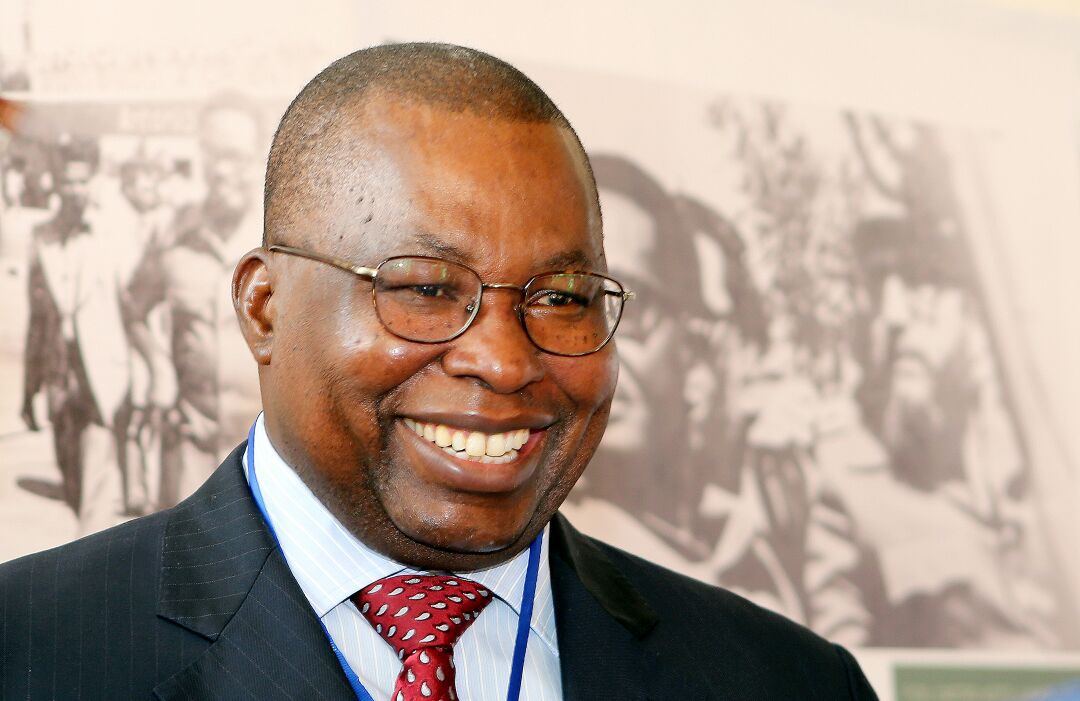
A statement from International Trade Centre (ITC) office indicates that the observatory team will provide entrepreneurs, policymakers and other stakeholders with up-to-date, reliable trade data and statistics across the continent.
It says that the development will enable them to identify market opportunities and will facilitate the effective monitoring of the implementation of the agreement once it enters into force.
According to ITC, data and analyses will be available through a web-based platform.
“In an era where everything revolves around data and information and where data has become the new oil, I would like to appeal to other partners, private or public, to join us in building a robust AU Trade Observatory,” Amb. Albert Muchanga, the African Union’s Commissioner for Trade and Industry, said in a statement.
He added that the platform will enable African policymakers and the African private sector to make data-driven and evidenced-based trade and trade-related policies and decisions and to take full advantage of the African Continental Free Trade Area.
Muchanga has been vocal about the benefits of AfCFTA, which particularly seeks to turn the continent into a single continental market for goods and services, with free movement of people and investments.
For Arancha González, the Executive Director of the International Trade Centre, data is the new gold and such a platform will be an integral tool as the continent moves to closer integration.
“The future success of countries is premised on how well they use data to make strategic decisions, craft evidence-based policies and transform it into intelligence for the small and medium-sized companies that make up the vast expanse of the trade and business ecosystem,” she noted.
If the AU Trade Observatory could be integral to helping the continent in making the right trade decisions, then the AfCFTA agreement will easily boost intra-African trade from an existing level of about 13 per cent to 25 per cent or more over the next decade.
The EU is supporting the new observatory with €4 million, and the European Commissioner for International Cooperation and Development, Neven Mimica said that was an example of the Africa-Europe Alliance in motion.
He also indicated that it will be essential for the “sound monitoring of continental trade and evidence-based policymaking”.
Meanwwhile, the highly praised agreement is expected to promote intra-African trade through promoting regional value chains, supporting industrialization and attracting investment from both within Africa and the rest of the world to help the continent enhance economic growth and achieve structural transformation.
Already, 52 countries are signatory to the agreement, eighteen of which have already ratified it. Four more countries need to ratify it.
Kindly follow us on twitter:@AfricanVoice2









